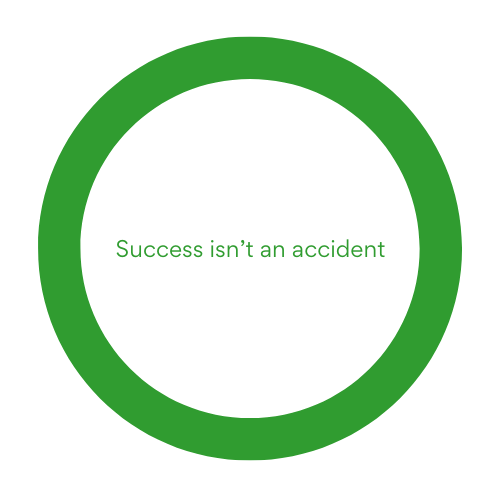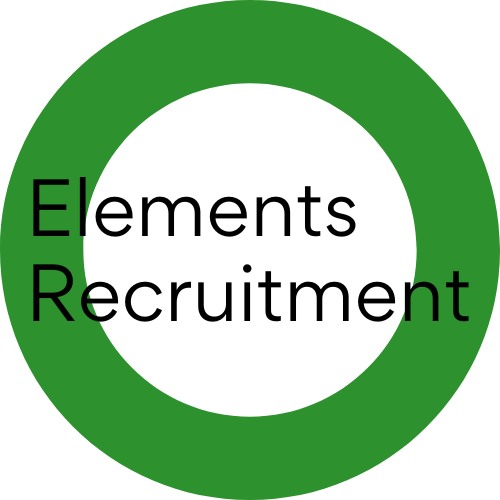AI-Driven automation: The future of business operations and productivity
Unless you’ve been blissfully unaware, the latest trend sweeping the world is AI (artificial intelligence). Although AI has been around since the late 1950s, it has continued to evolve and develop, with the latest hype around platforms such as ChatGPT, Jasper and Copy.ai. These particular AI programs assist both individuals and businesses with content creation and a range of other time saving productivity measures.
Using AI-powered automation in your business can significantly assist with optimising tasks, reducing human errors, and increasing productivity.
How AI-driven automation is transforming industries
AI-driven automation is at the forefront of reshaping the way businesses operate and in the process, transforming entire industries.
A significant change seen in service-based industries, manufacturing and retail is how AI-driven automation has improved processes, reducing manual intervention and streamlining workflows. This leads to increased efficiency, as machines (and computers) can perform repetitive tasks at a faster pace and with greater accuracy than humans. Industries benefit from improved productivity as employees can focus on more complex, creative, or customer-centric aspects of their work.
Along with improved levels of efficiency and productivity, data-driven decision making, cost effective solutions and enhanced customer experiences, AI presents boundless opportunities for businesses across a diverse range of industries.
Key technologies powering AI automation
Powering AI automation systems are a number of advanced technologies such as machine learning, natural language processing, and robotics.
Machine Learning (ML) is considered a key component in AI automation, as it enables systems to learn from data patterns, ultimately improving performance over time. Algorithms in machine learning allow AI systems to make predictions, recognise patterns and adapt to new information, making them versatile in a variety of applications and settings.

Natural Language Processing (NLP) also plays a crucial role, as it enables AI systems to understand, interpret, and generate human language. This technology facilitates communication between humans and machines, making it possible for AI to comprehend and respond to natural language inputs. NLP is essential for applications such as virtual assistants, chatbots, and language translation services.
Robotics is another advanced technology used in AI automation. It integrates physical devices into AI automation, allowing machines to interact with the physical world. Robots equipped with AI capabilities can perform tasks autonomously or collaborate with humans in diverse industries.
The benefits and challenges of implementing AI automation
There are a variety of both benefits and challenges when implementing AI automation in a company or organisation. Some of the benefits of implementing AI automation include:
- Automation of routine tasks can minimise the likelihood of errors, improving overall accuracy in business operations
- Analysing large volumes of data quickly to derive meaningful insights
- Real-time data processing allows for quicker responses to market changes, customer preferences, and emerging trends, fostering agility and adaptability
In comparison, some challenges may be faced when implementing AI automation, and these include:
- Upfront costs of implementing AI systems, including software, hardware, and training, can be a large investment
- Introducing AI automation may lead to concerns among employees about job security and the need for new skills
- Ensuring that AI systems operate ethically and comply with privacy regulations is a complex challenge
Ethical considerations of AI
One of the most talked about challenges with AI is the ethical considerations and implications that AI automation may have in business and the community as a whole. Ensuring that AI systems operate ethically, without bias, and comply with privacy regulations is a complex challenge and one that will need to be consistently monitored by businesses after implementation.
Meeting regulatory requirements, especially in industries with strict data protection standards, requires businesses to stay informed about evolving laws and implement safeguards to protect customer data and privacy.
Real world examples of AI automation
AI automation is increasingly being utilised in various industries to streamline processes and improve efficiency. Real world examples of AI automation include:
- Manufacturing and Robotics: Many manufacturing plants have integrated AI-powered robotic systems for tasks such as assembly, welding, and quality control. These robots can operate 24/7, perform repetitive tasks with precision, and adapt to changes in the production line. For instance, in the automotive industry, robots equipped with computer vision can inspect and identify defects in car components, ensuring a high level of quality control.
- Customer Service Chatbots: Many businesses use AI-powered chatbots to handle routine customer queries and support requests. These chatbots are designed to understand natural language and provide relevant responses. For instance, in the banking industry, a customer service chatbot can assist users in checking their account balance, transferring funds, or even providing information on recent transactions. This not only enhances customer service but also frees up human resources to focus on more complex issues.
These examples showcase how AI automation is applied in diverse industries, ranging from manufacturing to customer service, to improve efficiency, reduce costs, and enhance overall business performance.
Capitalising on the capabilities of AI
By understanding how AI can enhance various aspects of your business or operations, you will be able to capitalise on the capabilities of AI. This may include assessing your business processes to identify areas where AI automation can bring the most value. Look for repetitive tasks, data analysis, and decision-making processes that can benefit from automation.
Carefully considering the benefits and challenges to introducing AI-driven automation in your business will help you to find the right balance for you and your team.





